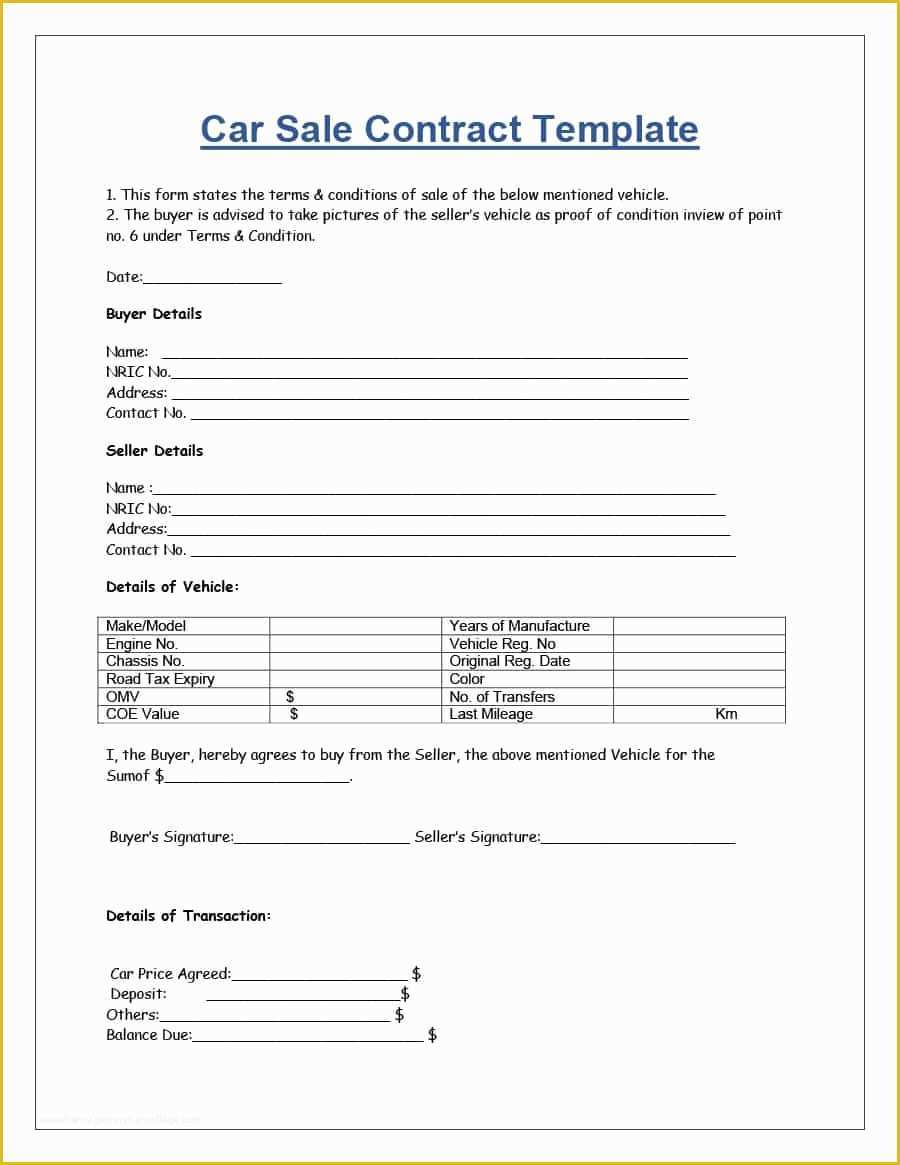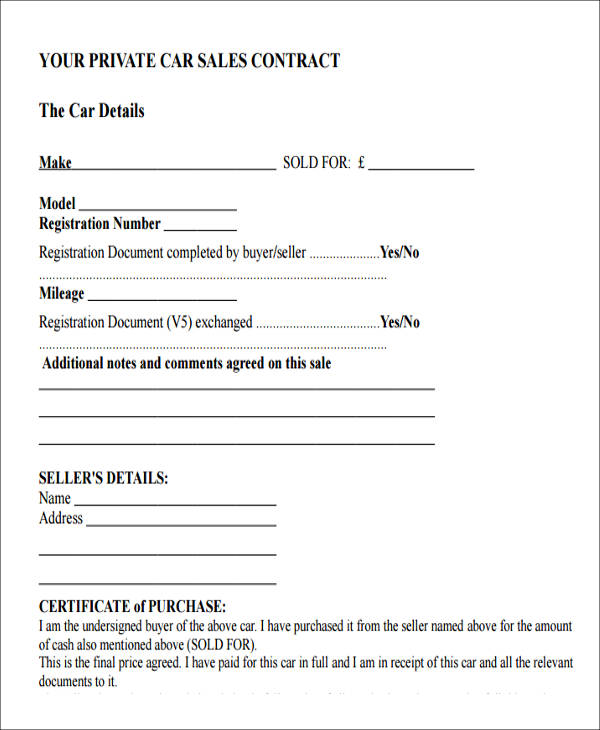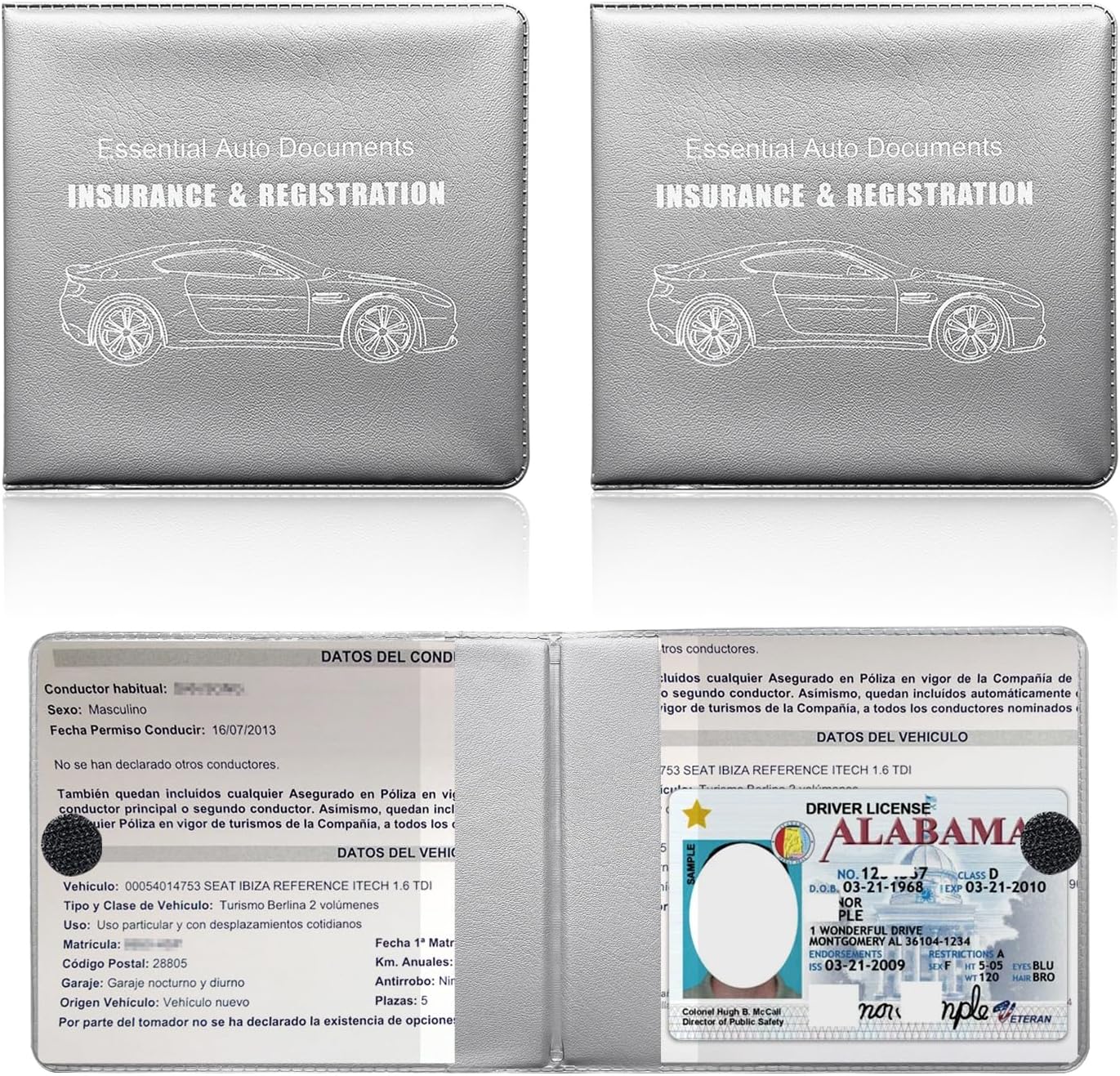Essential Paperwork for Private Car Purchase Guide

When you decide to purchase a car privately, there's a wealth of paperwork and legalities involved to ensure that the process goes smoothly and legally. Understanding the essential documents needed not only helps in securing your investment but also in avoiding future legal complications. This guide will walk you through the various types of documents you should look for, steps to verify them, and tips on completing the transaction effectively.
Why Paperwork is Essential in Private Car Sales

Private car sales come with a unique set of challenges that public transactions do not. Here's why having the right paperwork is crucial:
- Legal Protection: It safeguards both the buyer and the seller against disputes or legal issues.
- Clear Ownership: Proper documentation establishes clear title, reducing the chances of fraud.
- Insurance and Registration: Insurance companies and motor vehicle departments require specific documents to process coverage or change ownership.
Key Documents to Collect

Vehicle Title

The vehicle title is essentially the car's birth certificate. It shows the vehicle's history of ownership, liens, and the make, model, and year. Here's what to look for:
- The title should be signed over to the new owner (you).
- Check for any existing liens, as these must be resolved before transfer.
- Ensure the Vehicle Identification Number (VIN) matches the car's physical number.
Bill of Sale

A bill of sale is a legal document that confirms the transaction of the vehicle between the buyer and seller:
- Include the sale price, vehicle description, and VIN.
- Both parties should sign this document, and it's beneficial to have it notarized.
Release of Liability

This form, while not always mandatory, is strongly advised as it:
- Protects the seller from any future legal or financial obligations after the sale.
- Can be obtained from your local DMV or online in many regions.
Service Records

Although not legally required, having the car's service records can:
- Give you insight into the vehicle's maintenance history.
- Reassure you of the car's reliability and condition.
Emissions Test Results

In many states, an emissions test is required to transfer the title:
- Ensure the car passes the emissions test if necessary.
- Some regions allow private sales to go forward without this, but having it can expedite registration.
Steps to Verify Documents

Here's a checklist to help you verify the authenticity of the documents:
- Compare VIN: Always match the VIN on the title and the car's physical VIN plate.
- Check Odometer Reading: Ensure the odometer reading is consistent across all documents and matches the car itself.
- Verify Liens: Use the DMV or title company to check for any liens or holds on the vehicle.
- Research Title: Look up the vehicle's history for potential title issues, using services like Carfax or AutoCheck.
🔍 Note: Always cross-reference all documents. If in doubt, consider professional verification.
How to Complete the Transaction

Here's how to finalize the sale:
- Sign Documents: Ensure both parties sign all required documents, especially the title and bill of sale.
- Submit Documents: Take the documents to your local DMV or similar agency for title transfer. This might include the title, bill of sale, and emissions test results.
- Pay for Transfer: Depending on your state or country, there might be fees for title transfer, new license plates, and registration.
- Insurance: Contact your insurance provider to start coverage on the vehicle or update your policy.
- Release of Liability: If not already done, the seller should file a Release of Liability form.
📝 Note: Not all regions require notarization, but it's highly recommended for extra legal security.
Understanding the essentials of private car purchase paperwork is vital for a smooth transaction. From securing the title to ensuring all records are in order, these steps ensure both parties are protected. While it might seem like a tedious process, proper document management saves you from future legal hassles and confirms the validity of your new vehicle's ownership.
Can I buy a car without a title?

+
Purchasing a car without a title can be risky as it could indicate issues with ownership or the existence of liens. Always strive for a clean title transfer; if not possible, proceed with caution and possibly seek legal advice.
What if the seller doesn’t have the service records?

+
While not legally required, service records give insight into the car’s maintenance history. Without them, consider having the car professionally inspected to assess its condition.
Do I need to change the vehicle’s registration immediately?

+
Yes, changing the registration to reflect your ownership is important. This can also help in situations where the seller might still be liable for the car if not done promptly.
What if the car fails the emissions test?

+
If the car fails the emissions test, repairs might be necessary before a legal transfer of title can be completed. This is critical in regions where emissions testing is mandatory for registration.
How long do I have to transfer the title after the purchase?

+
The timeline for transferring the title varies by state or country. Commonly, it should be done within 10 to 30 days from the date of sale to avoid penalties or legal issues.



